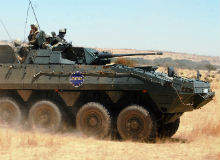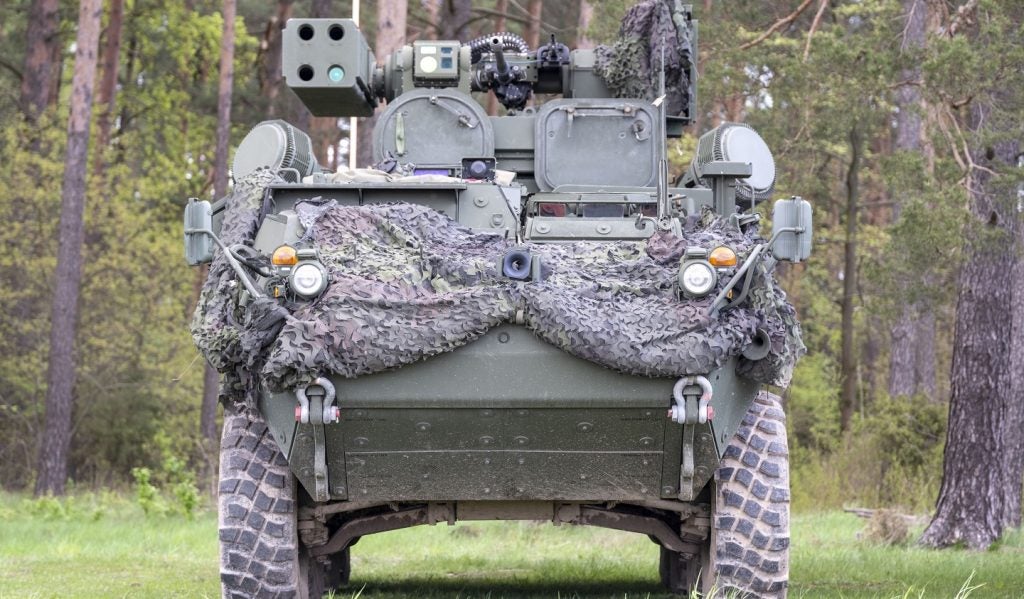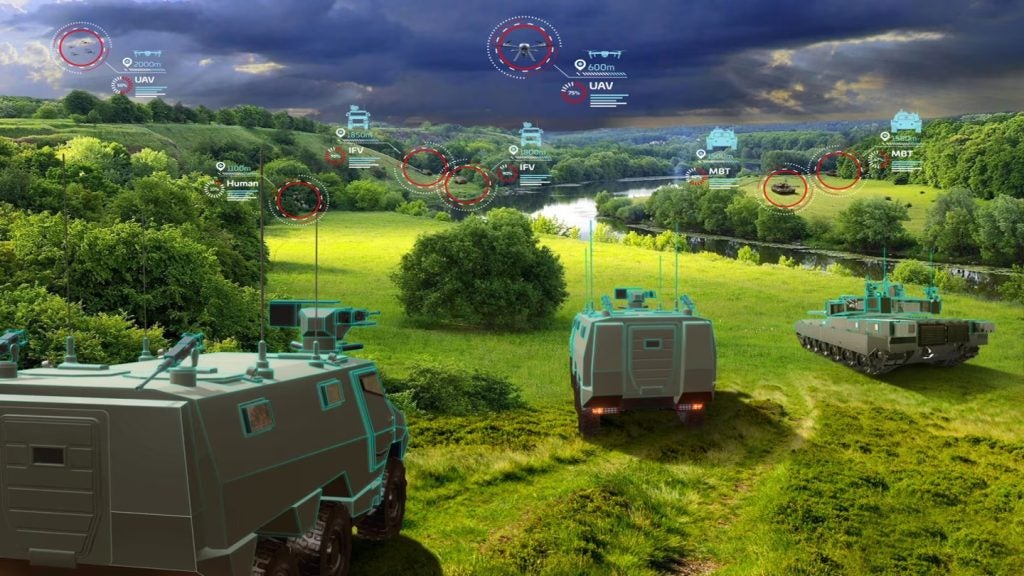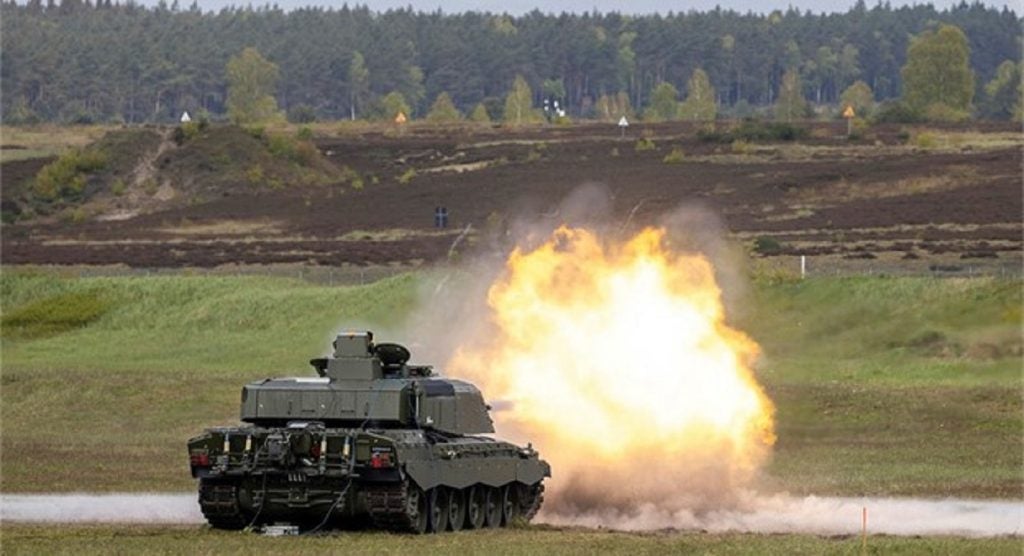

According to the leaked German Defence Ministry’s white paper which sparked it all off, a pan-European army, and one by implication under German control, is essential to safeguard Europe’s security and capacity to act. Citing the problems caused by the EU’s current nationally organised and seriously fragmented defence industry, it called for a joint civil-military EU operational headquarters, a formal council of defence ministers, and a shift to the co-ordinated manufacture and sharing of military equipment and materiel.
Germany has already gone some way along this path in recent years. In 2015, the Dutch 11th Airmobile Brigade was integrated into a new German division of rapid reaction forces, and in March of this year, the Dutch 43rd Mechanised Brigade came under German command joining the German 1st Armoured Division. Agreements have also been made that pave the way for the full integration of both countries’ naval units.
While these proposals are no longer relevant to a UK now heading for the exit door, for the rest of the EU, the intended direction of travel is very clear. As the German Defence Minister, Ursula von der Leyen, said in a speech last year, “the European army is our long-term goal” – and that objective is reinforced in the ‘Global Strategy for European Foreign and Security Policy’ document presented to the European Council in the immediate aftermath of that historic Brexit vote.
In the foreword, vice president Federica Mogherini, the High Representative for Foreign and Security Policy of the European Commission, wrote: “For Europe, soft and hard power go hand in hand.”
How well do you really know your competitors?
Access the most comprehensive Company Profiles on the market, powered by GlobalData. Save hours of research. Gain competitive edge.

Thank you!
Your download email will arrive shortly
Not ready to buy yet? Download a free sample
We are confident about the unique quality of our Company Profiles. However, we want you to make the most beneficial decision for your business, so we offer a free sample that you can download by submitting the below form
By GlobalDataSee Also:
Courting controversy
However, it is not only ‘Brexiteers’ and distinguished UK veterans who view the prospect of a joint headquartered army and the ever-closer integration of Europe’s patchwork of militaries with suspicion. Denmark notably opposes the idea and despite Polish support in the past, Poland’s current government is not thought to welcome its return to the EU agenda.
Even within Germany the idea is likely to prove contentious, despite Berlin’s enthusiasm for its own project. One proposal in the white paper is for the ban on deploying the army domestically to deal with violence or threats of violence, implemented in the wake of the Nazi-era, to be lifted; and that move could be potentially divisive ahead of the forthcoming German elections. According to some surveys, European youth sees increasing militarisation alongside terrorism as the greatest threat to their freedom and security and while Germans may not be about to respond with the same conspiracy hysteria that rippled through the US ahead of last year’s Jade Helm exercise, many are distinctly uneasy.
Putting constitutional concerns and civil liberties to one side, however, the real question remains: Is there a need for a joint European force, and what would it do?
Standing up to Russia
For EU President Jean-Claude Juncker, the answer is straightforward; it is all about standing up to Russia.
Speaking to German newspaper Welt am Sonntag last year he said that a common European army would make it plain to Moscow, where he felt the EU was not being taken “entirely seriously”, that the Union was fully committed to defending its values. According to Juncker, a unified military force would be able to act as an effective counterbalance to Russian expansionism – or at least that is the pitch he has been using since the annexation of Crimea to try to sell the project.
However, Juncker’s federalist ambitions for a ‘United States of Europe’ are no secret, and some have suggested that this is simply one more example of his opportunistic leveraging of a crisis to further a Eurocratic centralist agenda. Euroscepticism aside, there may be a kernel of truth in the suggestion, since Juncker himself has said that “such an army would help us design a common foreign and security policy” – and the Treaty of Lisbon already contains the fundamental framework to make that possible.
Such a European force would inevitably have to resolve how it sat alongside NATO, and perhaps more importantly, what impact its formation might have on the alliance which has been the guarantor of peace in Europe for over half a century.
Part of the rationale for a unified military is that Europeans need to be responsible for their own defence – “the EU cannot rely on the transatlantic partnership with the US to deal with external threats”, as German Chancellor Angela Merkel recently put it. However, there are two inherent problems in the thinking, which although not insurmountable in themselves, will need to be solved never-the-less.
Defence spending and the NATO balancing act
Firstly, there is the issue of funding. One of the key factors behind Dutch/German military integration in the first place was the Netherlands’ dwindling military budget, and the same reluctance to spend on defence is a constant feature across the continent. Of the European nations within NATO, only four – Estonia, Greece, Poland and the UK – met the 2% of GDP target in 2015 and only Greece and the UK have done so consistently since 1995.
With a recent Pew Research Centre poll showing that EU citizens dislike hard power and are unwilling to boost defence spending, the real costs of a European force may be difficult for governments to sell to their electorates.
Secondly, although there is clearly no direct intention to set this up as a rival to NATO, some competition is inevitable, even if only for resources. The EU strategy document states that “European security and defence efforts should enable the EU to act autonomously while also contributing to, and undertaking actions in cooperation with, NATO” – which is fine on paper, but in practice a battleship or a battalion can only be committed to one deployment at any one time.
Coordination will be key and the European defence landscape is already a nuanced one, even amongst those who regularly co-operate on a regional basis. The Nordic Defence Cooperation (NORDEFCO) is a prime example, containing non-EU Iceland and Norway who are in NATO, EU members Finland and Sweden who are not, and Denmark – a member of both NATO and the EU, but the only EU state not party to the Common Defence and Security Policy.
NATO, NORDEFCO and others manage to navigate these overlapping onion skins of influence and interests to co-operate effectively today. Adding another partner in the form of a future EU army might make that balancing act a little trickier, but it would not make it impossible.
American disengagement
The biggest potential problem, however, does not lie in how a new European force could interact with NATO, so much as what effect it might have on NATO itself.
Although the plan may be to reduce reliance on the US, some suggest that it risks driving the Alliance’s major player away, or at least providing an environment that encourages Washington’s focus shift towards China and the Asia Pacific to gain momentum. Few believe that now is the time to foster American disengagement.
In the end, whether or not the world needs a joint European force arguably comes down to a much more fundamental set of questions about sovereignty, independence and supra-national control – the issues that millions of Britons struggled to resolve in their referendum, in fact. If the destiny of the EU is to be a single unified super-state, then ultimately having a single unified army clearly also makes sense – but post-Brexit perhaps that is a little less likely than it once was.
EU ice president Mogherini says that “EU foreign policy is not a solo performance: it is an orchestra which plays from the same score.” Only time will tell which tune it will be playing.








